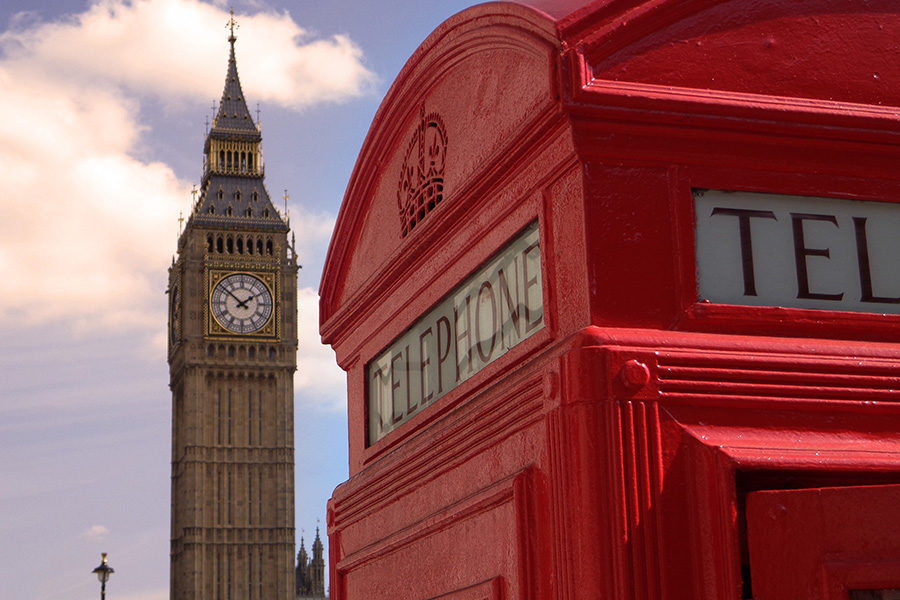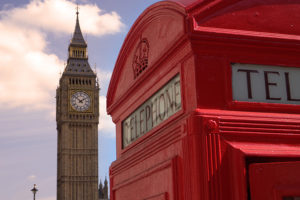UK researchers say “self-regulation of the gambling industry is completely failing”

Researchers from the University of Bristol studied gambling ads during the first weekend of the Premier League.
UK.- A group of researchers at the University of Bristol’s Business School has argued that the self-regulation of gambling advertising is “completely failing”. They have published a report on advertising during the first weekend of the English Premier League season.
The study monitored TV, radio and social media coverage over four days from August 11 to 14. They identified 10,999 gambling messages in total, including 6,966 during the six live match broadcasts on Sky Sports and TNT Sports. They say that only 20.6 per cent included gambling harm reduction messages and only 18.7 per cent included age warnings.
They said the study shows “the extent gambling messages saturate UK media and social media coverage” and suggested that the BGC’s voluntary Gambling Industry Code For Socially Responsible Advertising is failing.
Match broadcasts accounted for 63 per cent of messages, followed by Sky Sports News (2,014 messages), social media (1,902 messages), and TalkSport Radio (117).
“A serious issue with social media gambling marketing”
The study found that the social media messages generated a combined 34 million impressions, highlighting the significance of digital media as a channel for gambling marketing. However, researchers found that 92 per cent of 391 pieces of content marketing breached advertising rules because they were not clearly identifiable as gambling ads. According to the CAP Code, marketing communications “must be obviously identifiable”.
Co-lead researcher Dr Raffaello Rossi, a lecturer in marketing at the University of Bristol Business School, said: “Our research shows gambling marketing during Premier League weekends is inescapable. Football fans are bombarded with gambling marketing through various channels, making it a normal part of football consumption.
“Our study highlights a serious issue with social media gambling marketing – especially content marketing. A staggering 92 per cent of content marketing ads are not clearly identifiable as advertising, breaching key advertising regulations. We urgently need to strengthen those regulations to protect consumers – in particular children, who are especially vulnerable to sneaky advertising.”
He added: “Self-regulation of the gambling industry is completely failing. The gambling industry’s primary goal is profit, not public welfare.
“So, of course they will not implement measures that actually reduce gambling and their profits. This is why the UK government has to fulfil its duty and start protecting people from predatory and excessive gambling marketing.”
Bristol University received a £4m grant from GambleAware to create the Bristol Hub for Gambling Harms Research.
Research associate Dr Jamie Wheaton said: “While policies like the whistle-to-whistle and front-of-shirt sponsorship bans are steps in the right direction, they’ve been repeatedly shown to be ineffective. We urgently need comprehensive legislation to regulate gambling messages during matches and beyond, including hoardings, shirts, radio and social media.
“We believe the whistle-to-whistle ban needs to include all forms of marketing: on hoardings, shirts, and ad breaks, including TV, radio and online. Other countries have already started to ban gambling marketing from sports – we need to follow their lead.”
BGC response
The industry lobby group the Betting and Gaming Council (BGC), the author of the current Gambling Industry Code, has claimed that the study “fundamentally misunderstands advertising and the way [gambling advertising] is regulated, while making statements which are either misleading or incorrect.”
It claimed that 20 per cent of all TV and radio advertising is safer gambling messaging and noted that its members have this month extended this commitment to digital advertising.
The BGC wrote on X (formerly Twitter): “Betting advertising and sponsorship must comply with strict guidelines and safer gambling messaging, which promotes safer gambling tools and signposts help to those concerned about their betting, is regularly and prominently displayed.”
The BGC has come under fire recently, being accused by the head of the charity Samaritans of trying to “twist” its words to play down any link between gambling addiction and suicide. Concerns have also been raised in British media about another lobby group, the Gamblers Consumer Forum.









